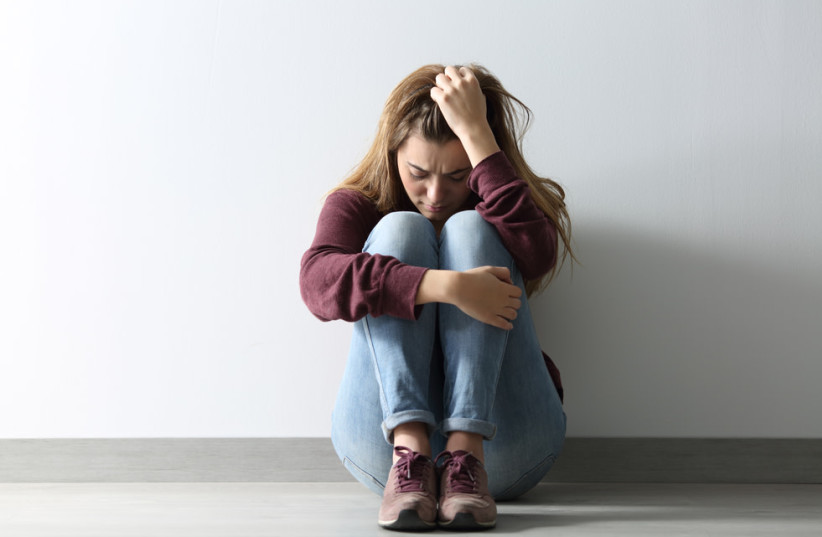A third of the war’s evacuees reported a change in their health condition for the worse, and there was a 35% increase in the use of medications to treat depression or anxiety, a Maccabi Healthcare Services survey found.
About two-thirds of the evacuees testified that their sleep was disturbed, and a third of the parents said there was a change for the worse in the children’s eating habits.
About 200,000 people were evacuated from the border areas shared with the Gaza Strip and Lebanon because of terrorist attacks against Israel; of these, about 32,000 of them are still being put up in hotels across the country.
Maccabi Healthcare Services, the second largest health fund, surveyed its members to find out how being away from home or having lost their homes completely has affected their well-being. The survey was conducted in February.
Additional data from the survey
About a third of the evacuees reported a change for the worse in their health condition, with 59% perceiving it as moderate or bad today, compared to only 42% before the outbreak of the war. The survey also shows that 76% of the evacuees who had an appointment postponed or gave up on a doctor’s appointment or pre-arranged medical examination, and about half testified that they gave up screening tests.

According to the survey, 38% of the evacuees reported that their mental state was worse – almost three times their psychological condition before the war. About a third of the evacuees reported that they are bothered by emotional problems all the time or often.
In addition, 45% of the evacuees feel that they need psychological help from a professional. Fully 70% of those who requested such help are currently being treated, but 22% feel they need assistance but have not applied to receive it.
Since the outbreak of the war, there has been a 45% increase in evacuees who testify that they are taking medication to treat depression or anxiety (prescription or over the counter), and 67% of the evacuees reported that there was a decrease in the quality of their sleep.
Also, among evacuees who performed regular physical activity before the war, about half said that they exercise less, and about a fifth said that they stopped completely. Among the smokers or ex-smokers, 43% reported that following the war they started or increased the frequency of smoking.
The study population included people who were forced to evacuate their homes for a period of at least two weeks, with 90% of them evacuating for a period of over a month. The survey included over 300 interviewees who were evacuated from their homes in the South and in the North.
Dr. Eran Rothman, head of Maccabi’s health division, said: “It has been almost six months since large numbers of Israelis were evacuated from their homes. Many of them still face difficulties accompanied by uncertainty, distress, and anxiety.
“The survey reveals particularly worrying findings and the deterioration in the physical and mental health of the evacuees is evident. Maccabi stands by the residents evacuated from the outbreak of the war and provides them with full medical support, both physically and mentally, wherever they are.”
